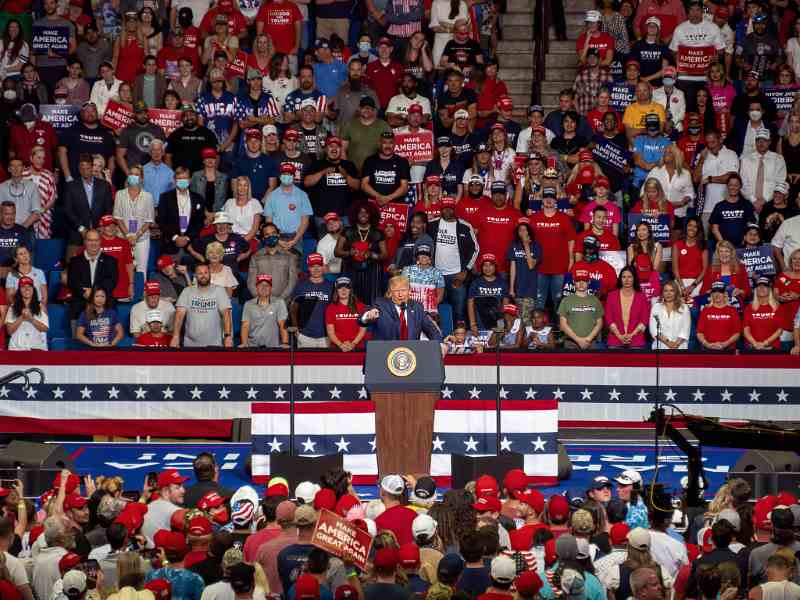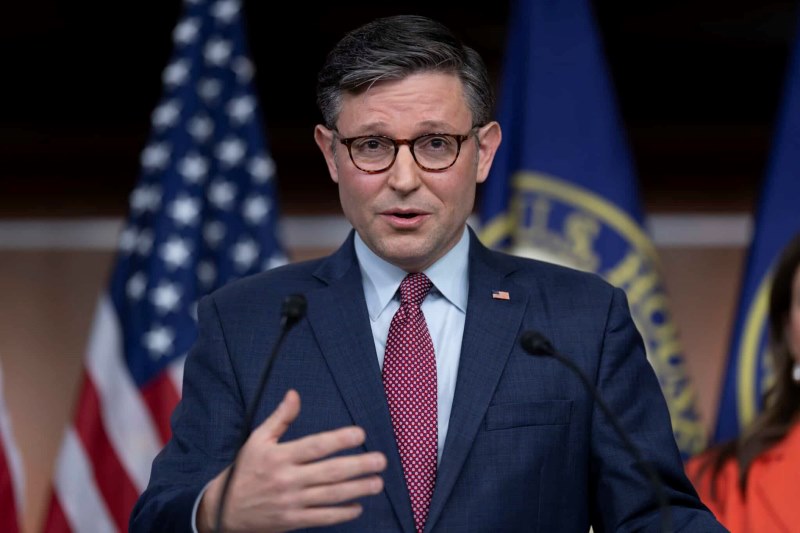Politics
Republicans’ Healthcare Reform Plans ObamaCare
The political landscape surrounding healthcare remains charged as Democrats use alarmist rhetoric to criticize Republicans’ stance on entitlements. Recent remarks by Speaker Mike Johnson have ignited a renewed debate over ObamaCare. This debate has prompted a flurry of responses from Democratic leaders. The ongoing discourse highlights the deep divisions in American politics regarding healthcare policies and entitlements.
Misinterpretation of Comments
Speaker Johnson’s comments during a recent event have been mischaracterized as a call for the repeal of ObamaCare. When an audience member suggested, “No ObamaCare,” Johnson replied affirmatively, stating that the law is “deeply embedded” and in need of “substantial reform.” His intention was to highlight the challenges of reforming a politically entrenched system, not to advocate for its outright repeal.
The Challenges of Repeal
The history of Republican attempts to dismantle ObamaCare illustrates the difficulty of achieving consensus within their ranks. In 2017, House Republicans narrowly passed a repeal and replace bill with a mere two-vote margin. Despite their majority, the bill failed in the Senate due to dissent from key moderate senators.
Alarmist Claims from Democrats
House Minority Leader Hakeem Jeffries has claimed that Republicans are intent on dismantling the Affordable Care Act, while Vice President Kamala Harris warned that health care coverage for Americans with pre-existing conditions is at risk. These assertions, while politically advantageous, lack substantiated evidence and appear designed to provoke fear among voters.

Trump’s Rally A Divisive Campaign Event at MSG
Trump’s rally at MSG a theatrical political spectacle. Donald Trump expressed his elation as he returned to the city he cherishes during…
Trump’s Health Care Perspective
Former President Trump, often criticized for his limited engagement with health care policy, responded to Harris’s claims by asserting they were false. He emphasized the need for a superior alternative to ObamaCare, a point that resonates even among some Democrats who acknowledge the law’s flaws. The rising costs associated with the Affordable Care Act have led to increased federal spending and challenges for state budgets.
Economic Impact of ObamaCare
The economic ramifications of the Affordable Care Act are significant. Federal expenditure on ACA subsidies has skyrocketed, increasing from $58 billion in 2020 to $129 billion this year. Additionally, the Congressional Budget Office estimates Medicaid expansion will cost $1.4 trillion over the next decade. The financial strain on states is exacerbated by rising health care costs, affecting both patients and providers.
Proposed Republican Reforms
Republicans are exploring several reforms aimed at reducing costs and improving health care access:
- Elimination of Medical Loss Ratio: Removing the requirement for insurers to allocate a specific percentage of premiums to medical claims could incentivize better cost management.
- Fraud Prevention Measures: Repealing regulations that facilitate fraud could save billions in excessive subsidies, as highlighted in a recent report by Paragon Health Institute.
- Short-Term Health Plans: Expanding access to less regulated short-term plans could provide more affordable options for consumers.
- Association Health Plans: Allowing small employers to collaborate in offering coverage could alleviate costs and enhance benefits.
- Medicaid to ACA Transitions: Moving healthy, low-income adults from Medicaid to ACA exchanges could improve care for those in need.
The Political Landscape Ahead
The ongoing debate over health care is not merely about policy; it is also about narrative and perception. Democrats are leveraging fear to rally voters against Republicans, while the latter struggle to articulate their health care vision effectively. The proposals under consideration are not radical; they aim to benefit both patients and taxpayers. However, the challenge remains for Republicans to convey their plans in a way that resonates with the electorate amid a charged political atmosphere.


